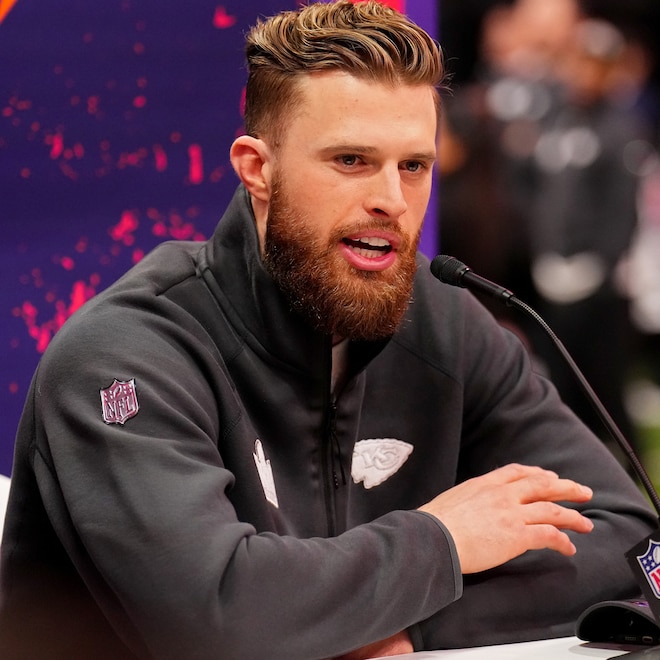Kansas. Butker’s controversial remarks included dismissive comments about COVID-19 safety measures and vaccination requirements, as well as expressing skepticism about climate change. In response to the backlash, the NFL released a statement distancing themselves from Butker’s views and emphasizing that his statements do not reflect the league’s position on these issues.
Despite Butker’s attempt to clarify his intentions and apologize for any offense caused by his remarks, the fallout from his speech has been significant. The NFL’s swift disavowal of Butker’s comments highlights the league’s commitment to public health and safety, as well as their stance on social and environmental issues. The controversy surrounding Butker serves as a cautionary tale for public figures and athletes about the potential consequences of sharing personal beliefs that contradict widely accepted scientific facts and public health guidelines.
The backlash against Butker underscores the growing pressure on professional athletes to use their platform responsibly and sensitively. With their large fan base and influence, athletes have the ability to shape public opinion and discourse on a wide range of topics. As a result, the NFL and other sports organizations are more vigilant in monitoring and addressing controversial statements made by their athletes, in order to maintain their reputation and credibility with fans, sponsors, and the general public.
In an era of increased social and political polarization, athletes like Butker are finding themselves under greater scrutiny for their public statements and actions. The intersection of sports and social issues has become increasingly prominent, with athletes using their platform to advocate for causes they believe in. However, this also exposes them to criticism and backlash if their views are perceived as controversial or divisive, as in the case of Butker’s commencement speech.
The Butker controversy also highlights the challenges faced by organizations like the NFL in balancing the personal beliefs and freedoms of their athletes with the need to uphold a positive public image and brand reputation. While athletes have the right to express their opinions, they also represent their teams and the league as a whole. This delicate balancing act requires organizations to navigate carefully through potentially contentious issues, such as public health, climate change, and social justice, in order to maintain a harmonious relationship with athletes and fans alike.
Overall, the Harrison Butker controversy serves as a reminder of the responsibilities and consequences that come with being a public figure, particularly in the world of professional sports. As athletes continue to engage in discussions and debates on important social and political issues, they must be mindful of the impact their words and actions can have on their reputation and the organizations they represent. The NFL’s response to Butker’s remarks reflects the league’s commitment to upholding certain values and principles, while also acknowledging the complexities of balancing personal beliefs with public expectations in an increasingly polarized society.


